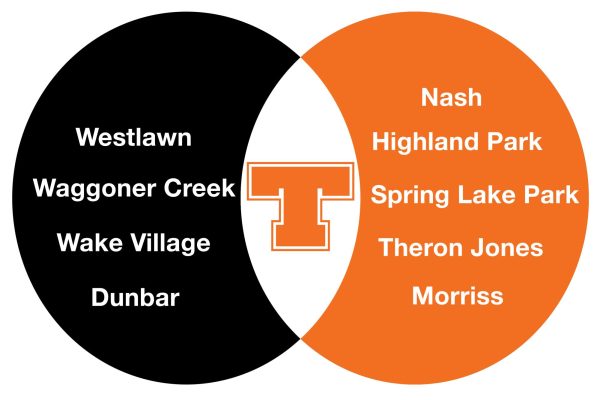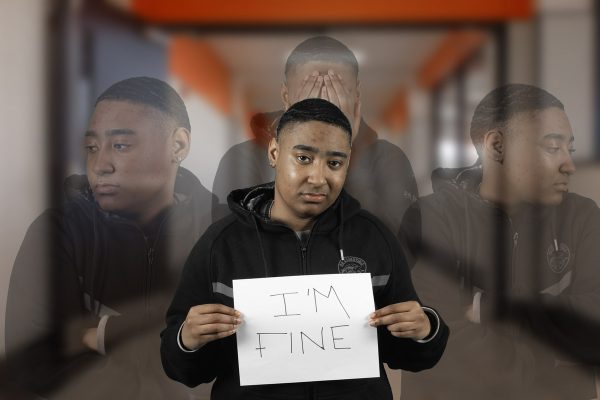A step away from the classroom
Why Texas High needs more field trips
American Sign Language honor society takes special education students to Central Mall for a field trip.
December 18, 2018
As a whole, our school has fewer and fewer field trips every year. You could count them on two hands. Yes, clubs and honor societies leave campus to do community service every now and then but these “field trips” aren’t exactly learning experiences that would appeal to the average high school student.
Imagine the perfect school scene with a joyous teacher educating her eager students about the astonishing topic of economics. Flashback to reality. Imagine those endless days in calculus, each student is on the verge of falling asleep while the teacher counts down each minute until she can leave and get back to her personal life.
This scene is a harsh reality that innocent students must go through on a daily basis. However, teachers also have to live the sad reality of teaching restless students each day on their small salary.
There is a possible solution to this problem that all high schools face and that groundbreaking answer is field trips. Field trips would improve grades, increase student participation, educate students on real-life scenarios that can’t be taught in school, and introduce them to a variety of cultures and lifestyles.
For starters, field trips connect students to the real world and allow them to experience real-world situations outside of a school environment. Most students never learn throughout their years of school things like budgeting and how to get a good job. — Ashlyn Winters
Learning critical life skills such as these are more beneficial to learn during one’s school years rather than during adulthood when they have to make it out in the real world.
In addition, taking field trips educates students of the various work fields that there are to choose from. For example, taking a field trip to the zoo might persuade a student to become a zookeeper or if a field trip is held at a bank then another student may be influenced to become a financier.
Whether students experience learning in this community or in another, they are introduced to a variety of cultures and lifestyles that educate them on the different ways people live their lives. This is more effective to learn outside of the school rather than inside a packed classroom.
Switching up the same day-to-day routine every once in a while would surprise students and increase participation. Not to mention grades would rise based on learning in a more hands-on technique.
All in all, our school needs more field trips. Getting out of the classroom, off of our phones and unplugging technology would reconnect students to the real world and how great it is.





















